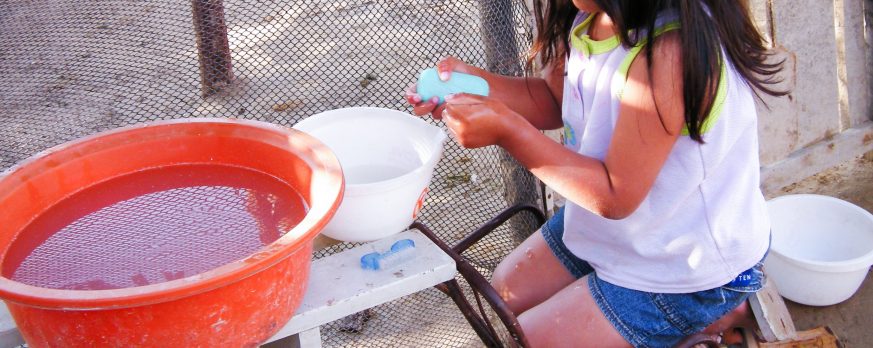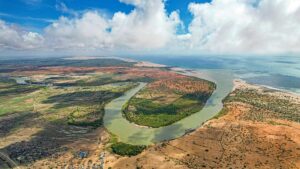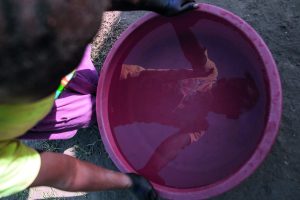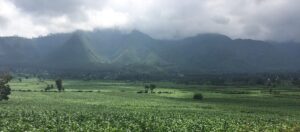- SIWI – Leading expert in water governance
- /
- Latest
- /
- You can’t wash your hands without water – how governments are responding to Covid-19 pandemic
You can’t wash your hands without water – how governments are responding to Covid-19 pandemic

How can countries help more people get access to clean water in the midst of the Covid-19 pandemic? SIWI offers four key proposals and is keeping track of how governments are responding. Here is our first report from Latin America.
Washing hands with soap and clean water is the single most efficient measure against Covid-19, but for many people it remains an unattainable luxury. Currently 40 per cent of the global population does not have access to clean water and soap in their homes, making it difficult to follow the World Health Organization’s advice to wash hands regularly. The lockdown that many countries are enforcing exacerbates the issue as those who typically accessed clean water and soap at school or at their place of work have been suddenly cut off from access to those facilities.
The pandemic is making it clear that investments in the provision of basic water, sanitation and hygiene services must be a key priority in the coming years, not least since we can expect growing health threats linked to global warming. But there are also things that can be done immediately and that would have a decisive impact.
- Guarantee that everyone has access to a minimum level of water and sanitation. During the pandemic people should not be cut off from these services even if they are temporarily unable to pay their bills. Prioritize people living in vulnerable conditions.
- Raise public awareness about hygiene. Combat misinformation and fake news.
- Ensure the continuity and safety of water and sanitation services. Make sure that there are handwashing facilities in for example health centres, schools and public places.
- Provide practical and financial support to water service providers
By following these steps, governments and health authorities can limit the effects of the current pandemic.
So, to what extent is this advice being followed? In collaboration with the UNICEF Regional Office for Latin America and the Caribbean, SIWI has mapped how the countries of the region are responding to the Covid-19 pandemics.
Here are some key results from the analysis:
- Most countries try to protect low-income households. Measures include subsidized services, cash transfers and a guarantee that water services will not be cut off, even if people are unable to pay their bills. Many countries try to reach unconnected users but may not be able to cover the whole population in need.
- People living without a home are often forgotten. This group includes for example the homeless and people living in shelters, refugee camps or detention centres. The current crisis could aggravate their vulnerability.
- Hygiene promotion campaigns are common. Many governments focus on this and the distribution of basic products like soap but other measures such as the construction of hand washing facilities in schools, markets, health clinics and detention centres have been scarce.
- Some countries offer technical and financial support measures for service providers. This may be needed for an extended period of time so that service providers can continue their operations even if other sources of income dry up.
SIWI and UNICEF continue to work with governments and water utilities to support good practices. The mapping of responses will also continue, around the world – stay tuned for more updates!
Most recent

Why sharing data matters for water cooperation in the Juba–Shebelle Basin
- Transboundary Water Cooperation
- Water and climate

TIARA in Zambia: Scaling resilient rainfed agriculture in the Zambezi Basin
- Agriculture and water
- Freshwater and ecosystems/biodiversity
- Resilience through water
- Water in landscapes
- Water and climate

Why climate action must integrate water
- Water and climate
- World Water Week
- Water governance

SIWI-WASH experts join IVL

SIWI Amman hosts Ghana representatives for WASH exposure visit in Jordan

Join us on a journey through 2023


